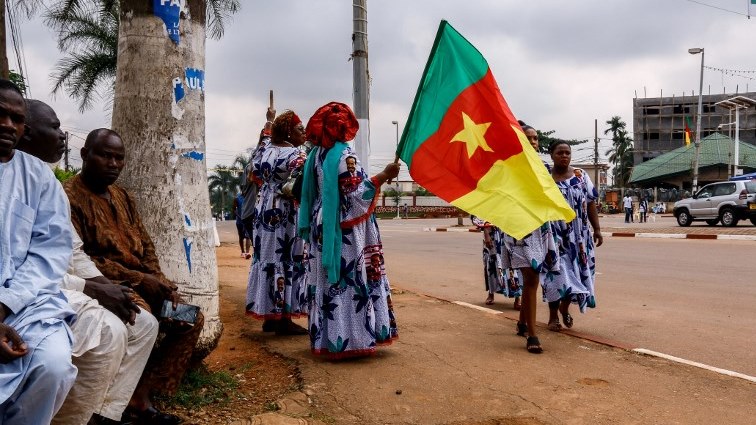Tens of thousands of people who fled Cameroon’s separatist conflict will receive food aid next week after months of hiding in the forest with nothing to eat, the United Nations said.
About 437 000 people have fled their homes in Cameroon’s western English-speaking regions since late last year, when insurgents started fighting to break away from the majority French-speaking state.
But government restrictions and a lack of security on the ground have made it difficult for aid agencies to reach them, and a tense election last month halted humanitarian work for weeks, according to the UN Office for the Coordination of Humanitarian Affairs (OCHA).
President Paul Biya was re-elected by a landslide on October 7 to extend his 36-year rule, while the opposition claimed fraud.
The U.N. World Food Programme (WFP) will deliver food to 50 000 people on November 14 in the first major food drive, said WFP country representative Abdoulaye Balde.
“The problem is access,” Balde told the Thomson Reuters Foundation. The United Nations delivered some non-food items over six months ago but afterward struggled to get into the zone, he said.
“We didn’t know what there was there. We didn’t know where these people were.”
The government has organised several small-scale food distributions in recent months but most people have yet to benefit, said Modibo Traore, head of OCHA in Cameroon.
Cameroon’s government spokesperson and minister of territorial administration could not be reached for comment.
“The food situation in the coming months is going to deteriorate,” Traore told the Thomson Reuters Foundation.
“Funds from external donors have been very, very limited. That’s preventing us from scaling up the response,” he said, adding that lengthy government clearance processes have also hampered aid delivery.
Many of the people are living outside, in need of shelter, medical supplies and basic items such as soap, he said.
But several among them said hunger was the greatest concern.
Jenny, a 22-year-old who gave only her first name, is living with extended family in the outskirts of Douala after fleeing her village in the southwestern region when fighting broke out.
“Thanks to God, we are alive,” she said. “But we don’t eat.”


